
10 historical events that changed the world | Source
An Illustrated Guide to the 10 Events That Defined History and Changed the World
Choosing
the 10 most important events in history is one of the most difficult
and controversial things to do. Why? Because history is more than a few
hundred years long, and there is way too much bias in most lists.
I’ve attempted to create a list without that bias that manages to touch on the major events in history that ended up shaping the world. Some of the events were huge, yet impacted only a continent or two. Others literally touched every culture and brought them into a whole new way of thinking. Here is my humble attempt at the 10 most important events in history, not listed in any particular order.
I’ve attempted to create a list without that bias that manages to touch on the major events in history that ended up shaping the world. Some of the events were huge, yet impacted only a continent or two. Others literally touched every culture and brought them into a whole new way of thinking. Here is my humble attempt at the 10 most important events in history, not listed in any particular order.
1. American Revolution
To
many, this event was too localized to be considered part of a list that
involves all of history. Yet, the shockwaves from this one event are
still felt today. The American Revolution (1775-1783) took many ideas
from the early civilizations of Greece and Rome and combined them with
the Christian Bible to revolt against an authority that was unbending.
They believed that every man (though at the time even that statement was
narrowly defined) was equal and should be treated fairly. Only when the
men and women of the new world rose up together was there a solid
foundation for the beginning of a nation that in our modern world
influences much around the globe. When an election is held in the United
States, the world watches. The influence that America now has gives
credence to the American Revolution being one of the greatest events in
our history.
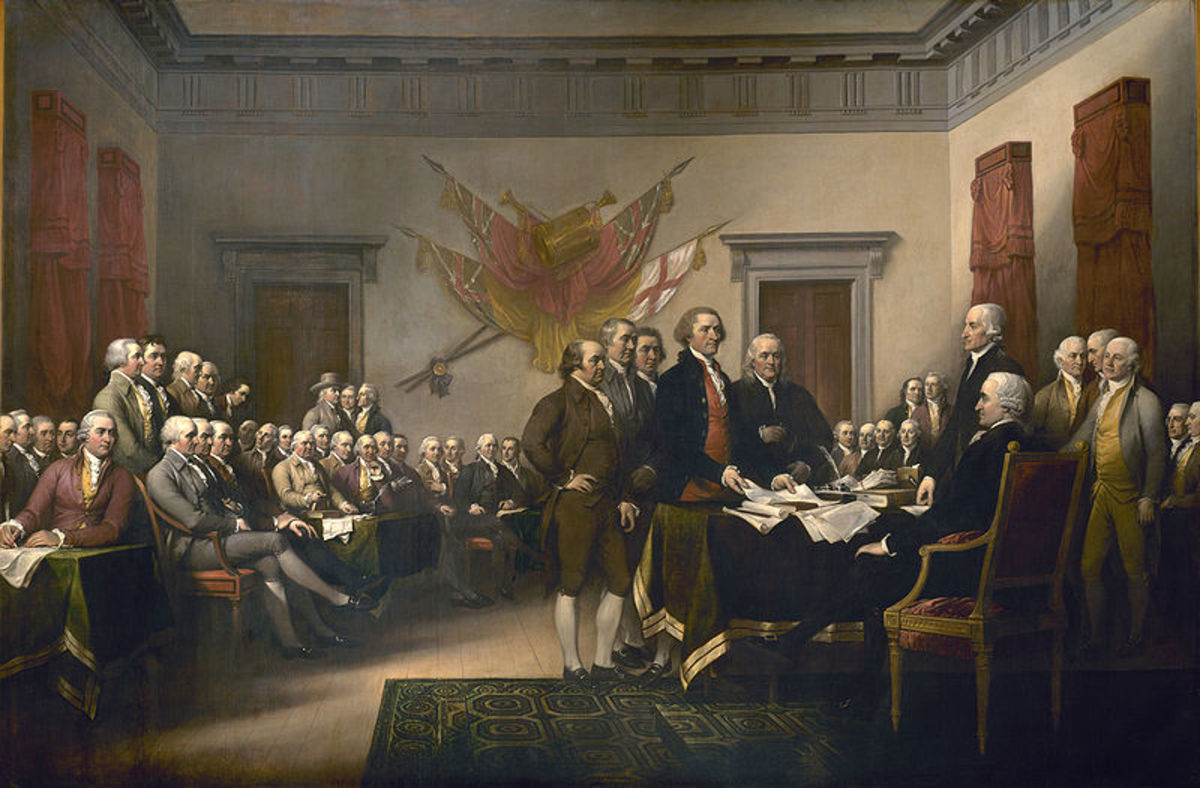
Declaration of Independence
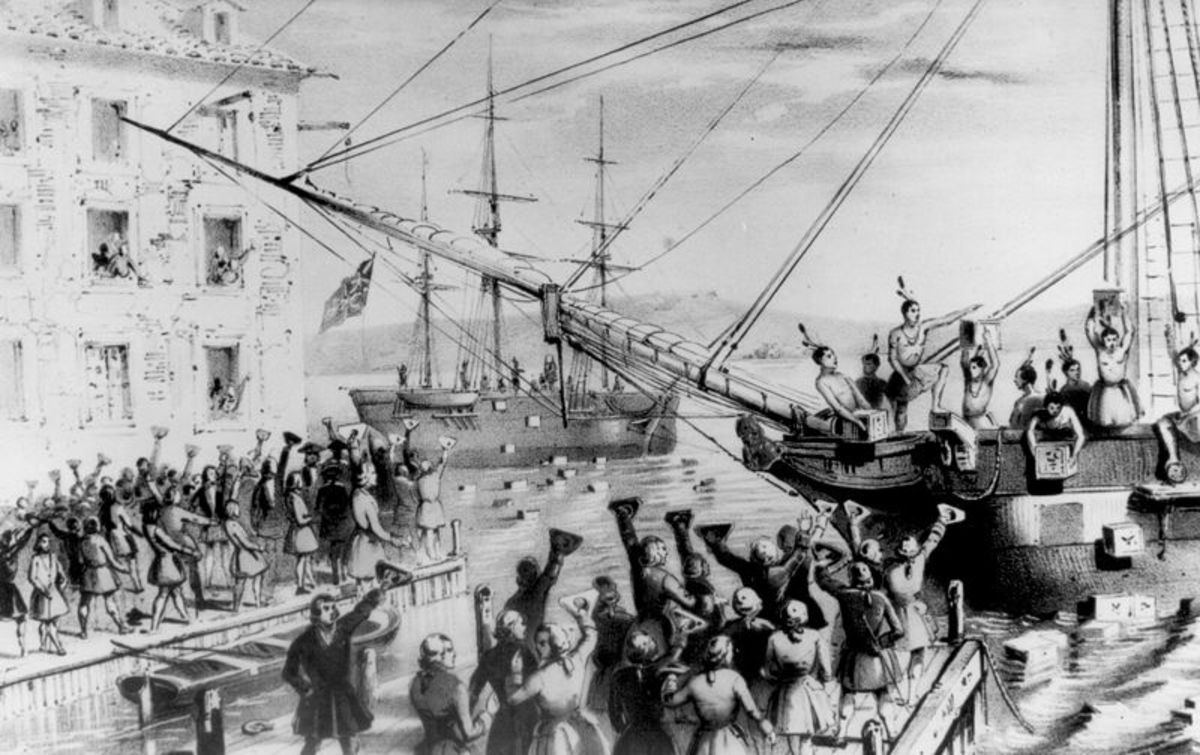
Boston Tea Party
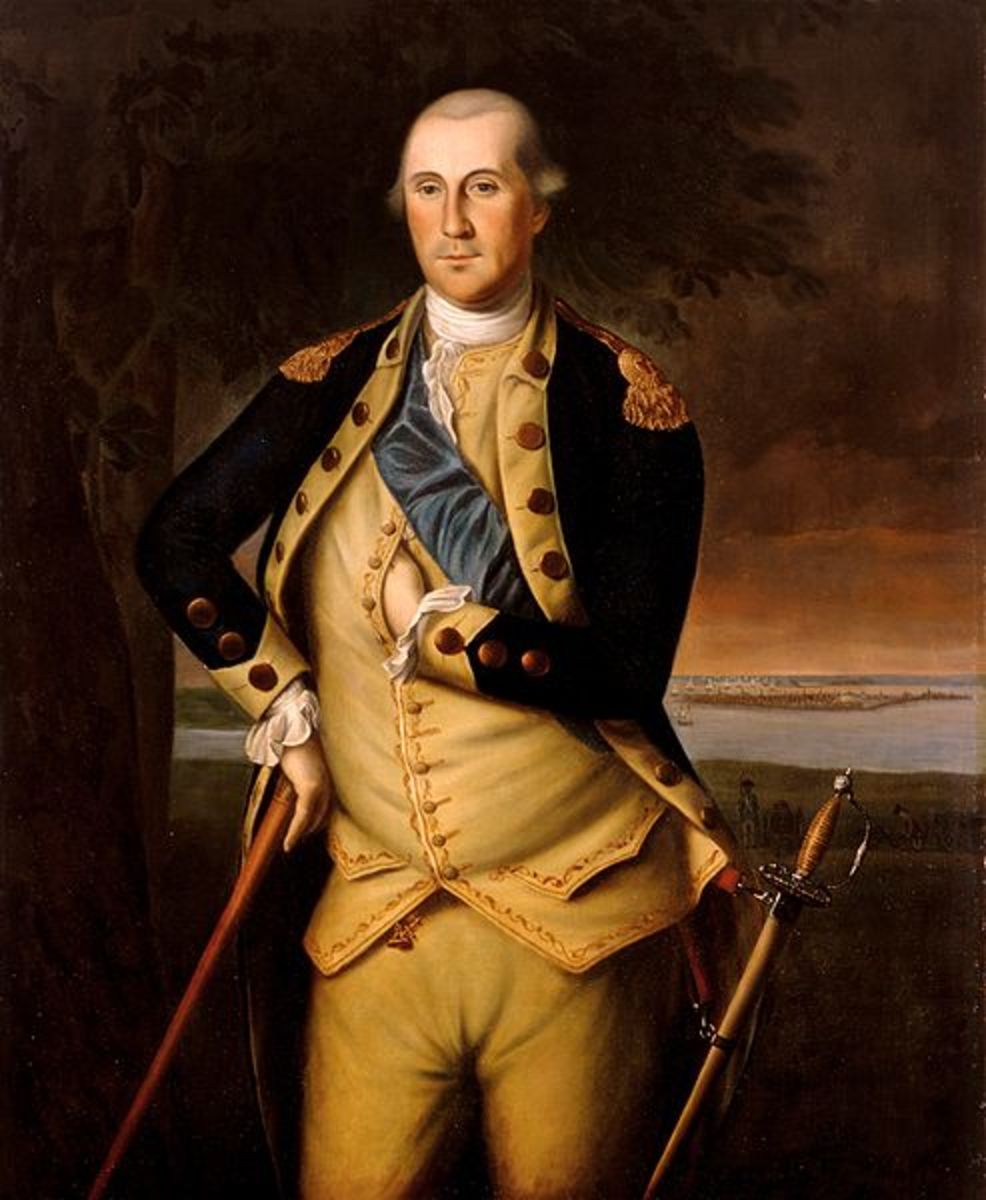
George Washington
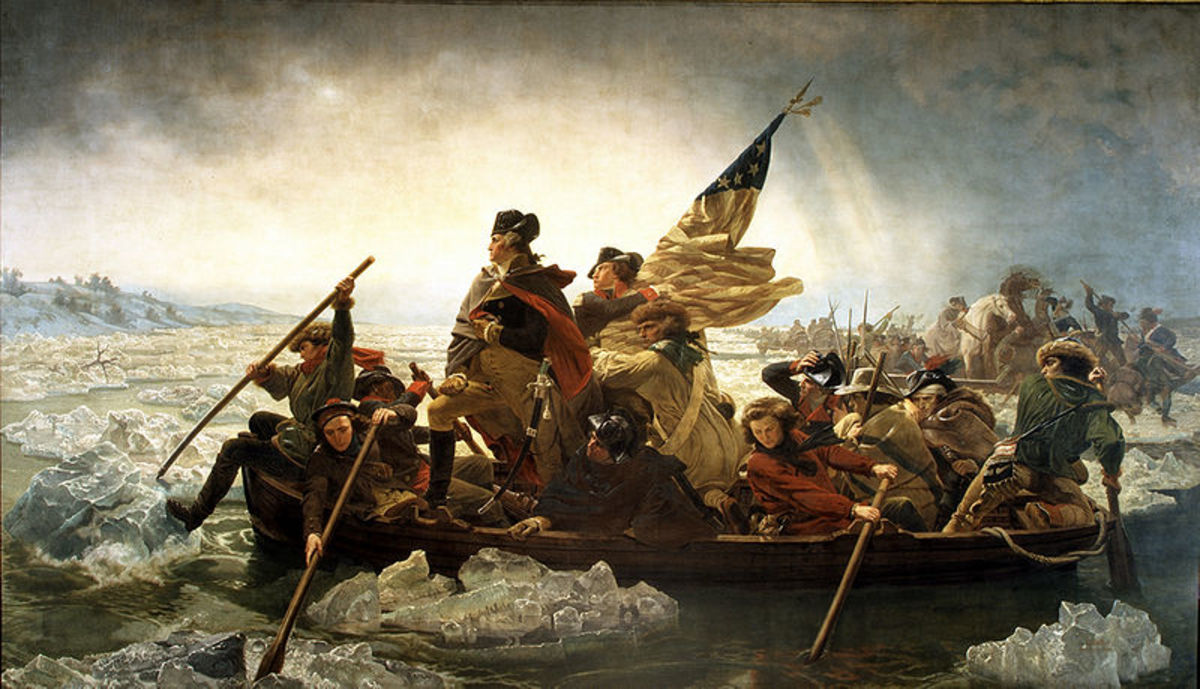
Crossing of the Delaware
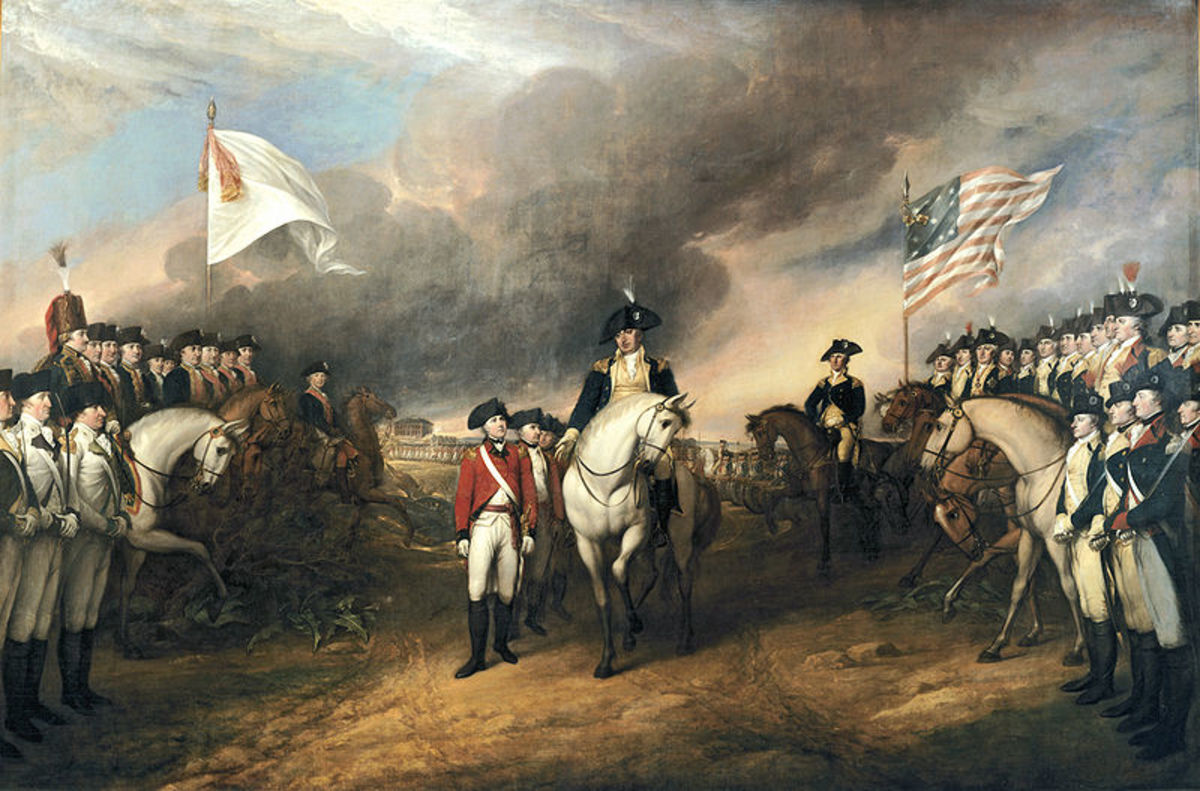
Surrender of Cornwallis
2. Reformation
The
Reformation (1517-1648) was one of the greatest events in European
history. Prior to this period, the Roman Catholic Church had close to
absolute control over the people and governments of the Christian world.
It was when many of the learned men of the time began to question the
practices of the church in comparison to the Bible that trouble arose.
The intent of the Reformation was to reform the Catholic Church and
bring it back to its biblical roots. The end result was a rending of the
church into two factions: Catholics and Protestants. The Reformation
brought the religious texts into the hands of the masses and began the
decline of the Catholic power. Both the wars it caused and the actions
of the famous historical figures it involved still continue to shape the
world today. Thinking of this only as a European event could be
erroneous. Because of the Reformation, much of the New World, known as
the Americas, was shaped, missionaries increased in number throughout
the world, and thinkers who rose up from the Renaissance could proclaim
their discoveries and beliefs with less fear of persecution. The
Reformation gave us free thought while holding us down to the basics of
life.
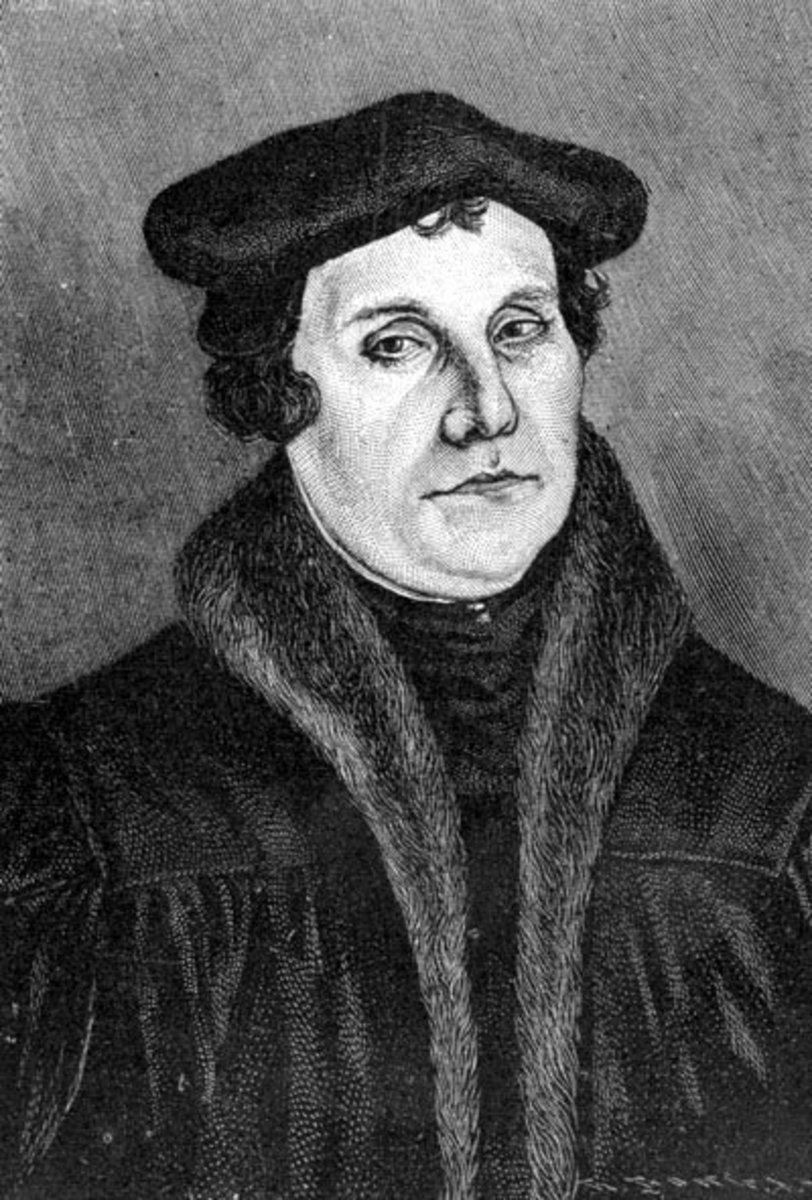
Martin Luther
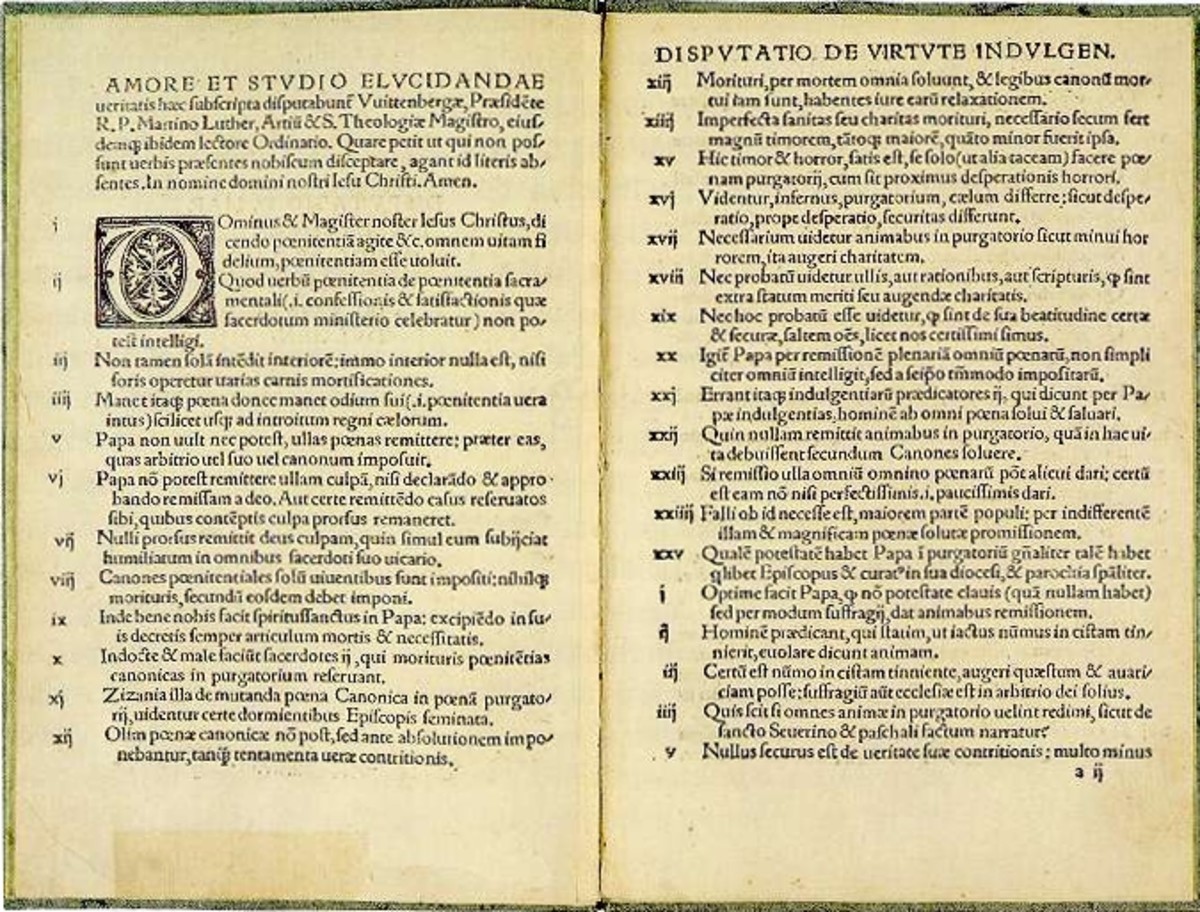
95 Theses by Martin Luther
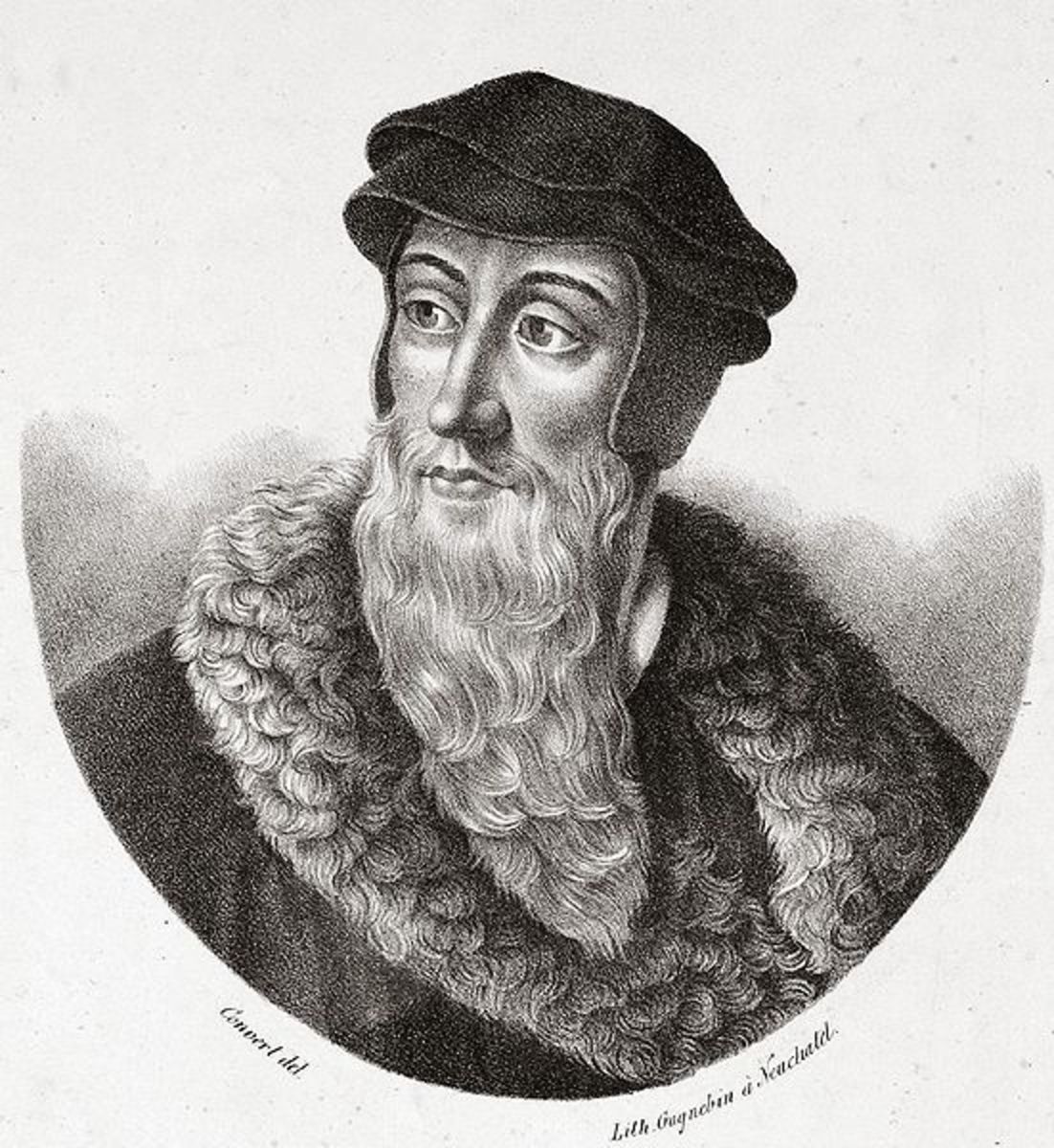
John Calvin
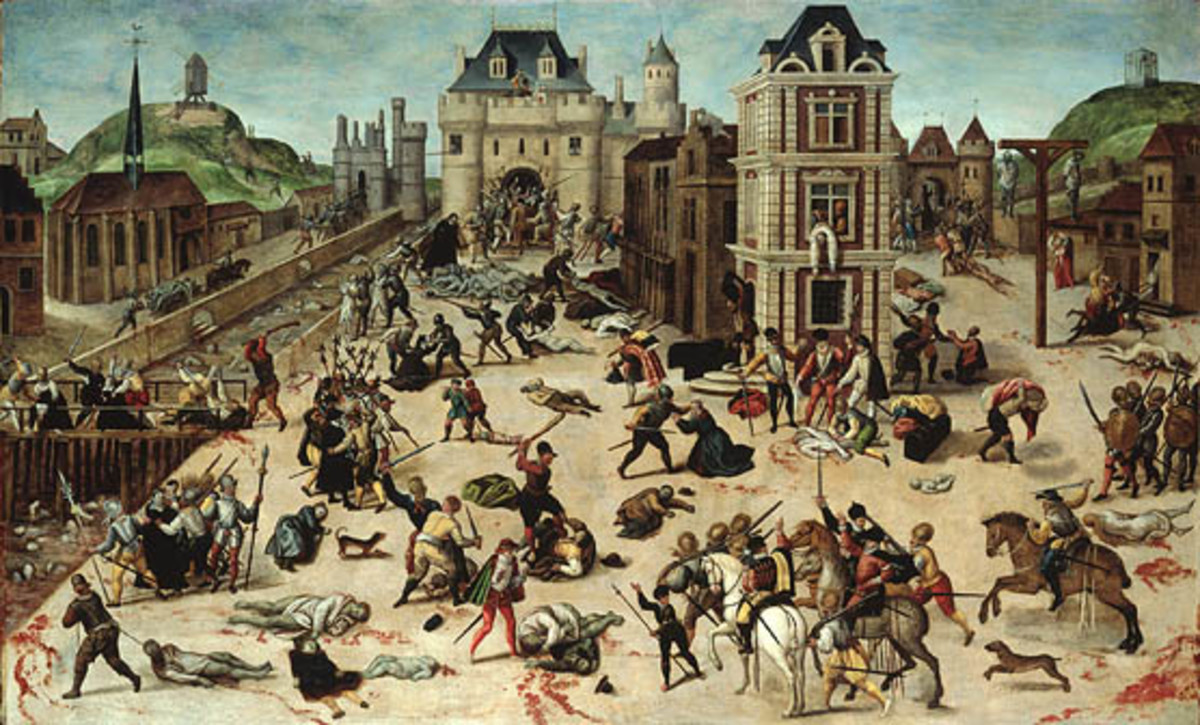
St. Bartholomew's Massacre
Reformation
3. Life of Jesus of Nazareth
Whether
you are a Christian or not, you cannot honestly say that the life of
Jesus of Nazareth did not dramatically impact history. If you follow the
dating system that we use today, you acknowledge his impact. This
article is published in 2010 A.D. because approximately 2010 years ago,
Jesus lived in Israel. At the time of his life, it might not have seen
so dramatic to the world at large. He never traveled more than a few
days' journey from his hometown. It was only after he left earth that
his teachings spread beyond his homeland and began to cause trouble for
the ruling power of the time: Rome. When Roman rulers began to persecute
the followers of Jesus, Christians, his life really began to ripple out
around the globe. Over time, Christianity was accepted by the Roman
rulers, which allowed it to spread even further. Today, Christianity is
one of the largest religions of the world. Jesus set off an atomic
religious bomb that is still felt today.
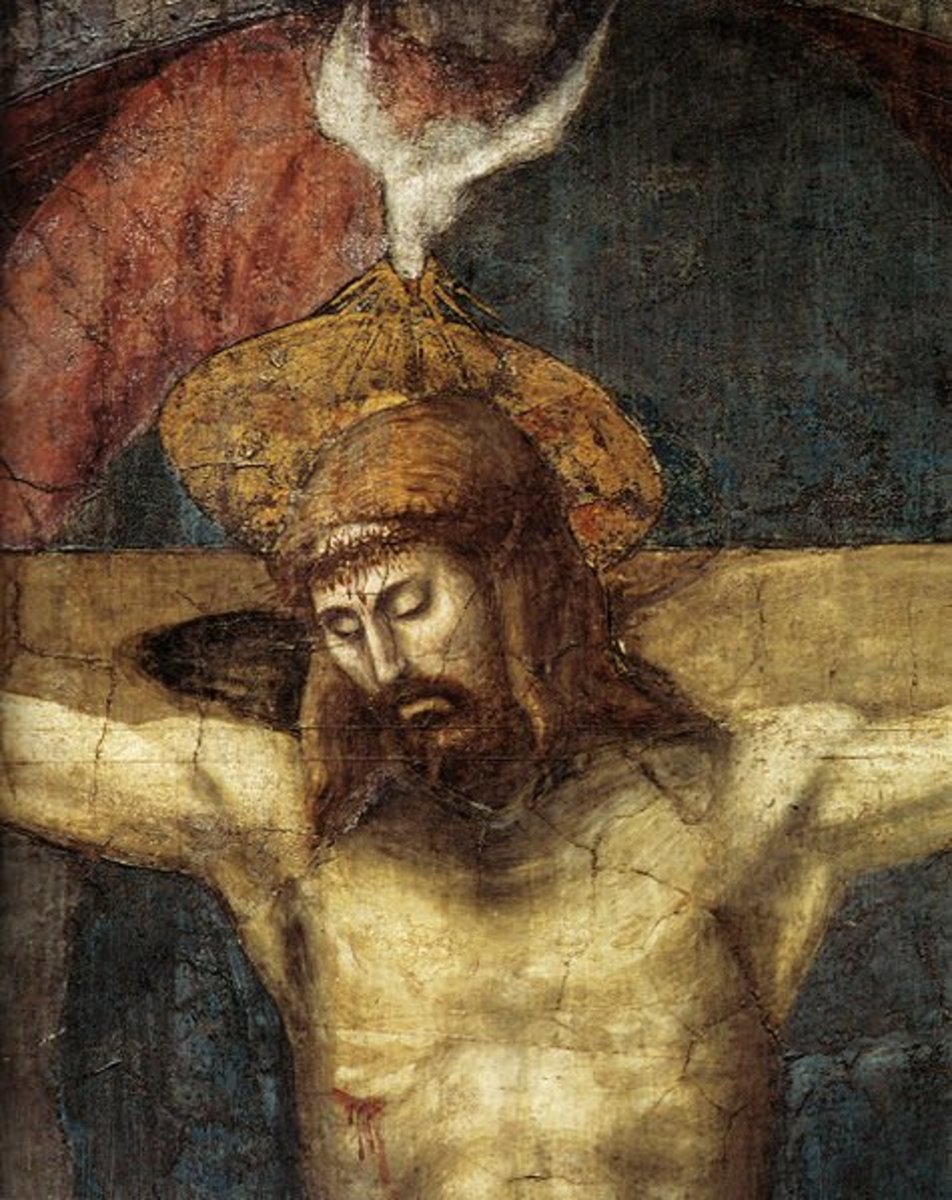
Jesus on the cross
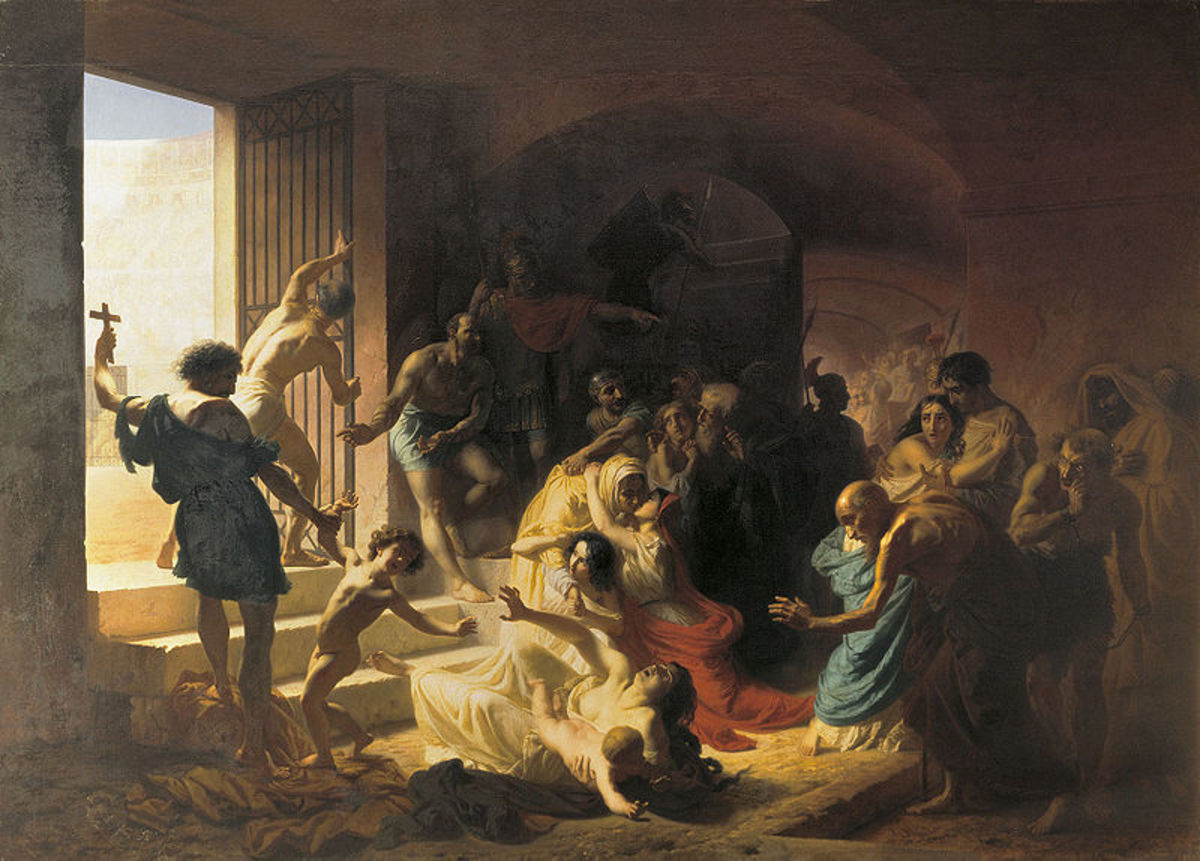
Christian martyrs at the Roman Coliseum
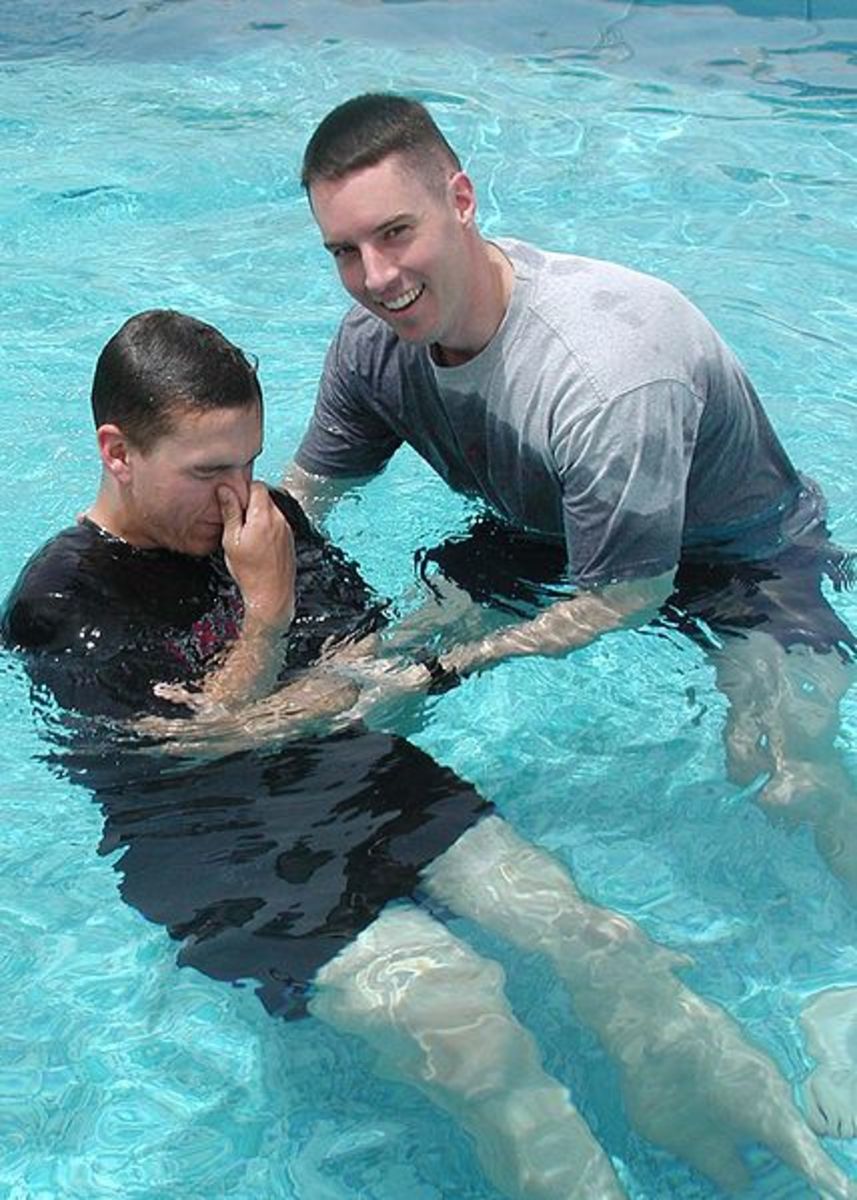
Christian baptism
Impact of Christianity
4. Tearing Down of Berlin Wall
Tearing
down a wall might not seem like much, but when you realize what all
else came down with that wall, you begin to see it in a whole new light.
At the end of World War II, there was relief at the downfall of a
disturbed man who wanted to dominate the earth. However, there was also
suspicion between countries and a desire to control as much land as
possible. The nations that defeated Hitler and his friends began to
quarrel amongst themselves. Should the defeated lands be democratic in
nature or communist? The end result was a lesson from King Solomon:
split the spoils down the middle. Germany was the embodiment of the war,
and therefore, it became the most disputed area. In the end, it was
split in half with one part under a communist government and the other
under a more democratic style. Through the middle of Berlin, a large
wall was built to separate the capital city and symbolize the wall that
separated the communist world from everyone else. When the wall came
down in 1989, it signified the end of communist rule and birth of the
voice of the people.
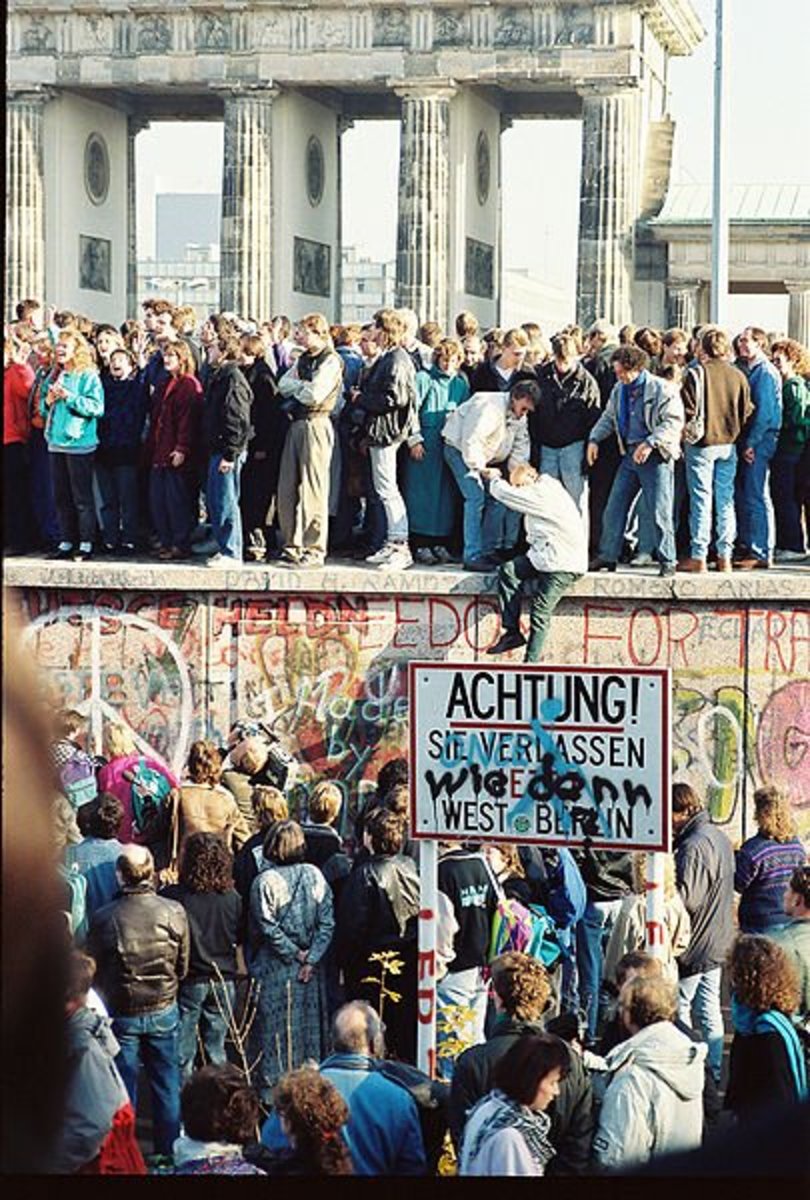
by Sue Ream on wikimedia commons
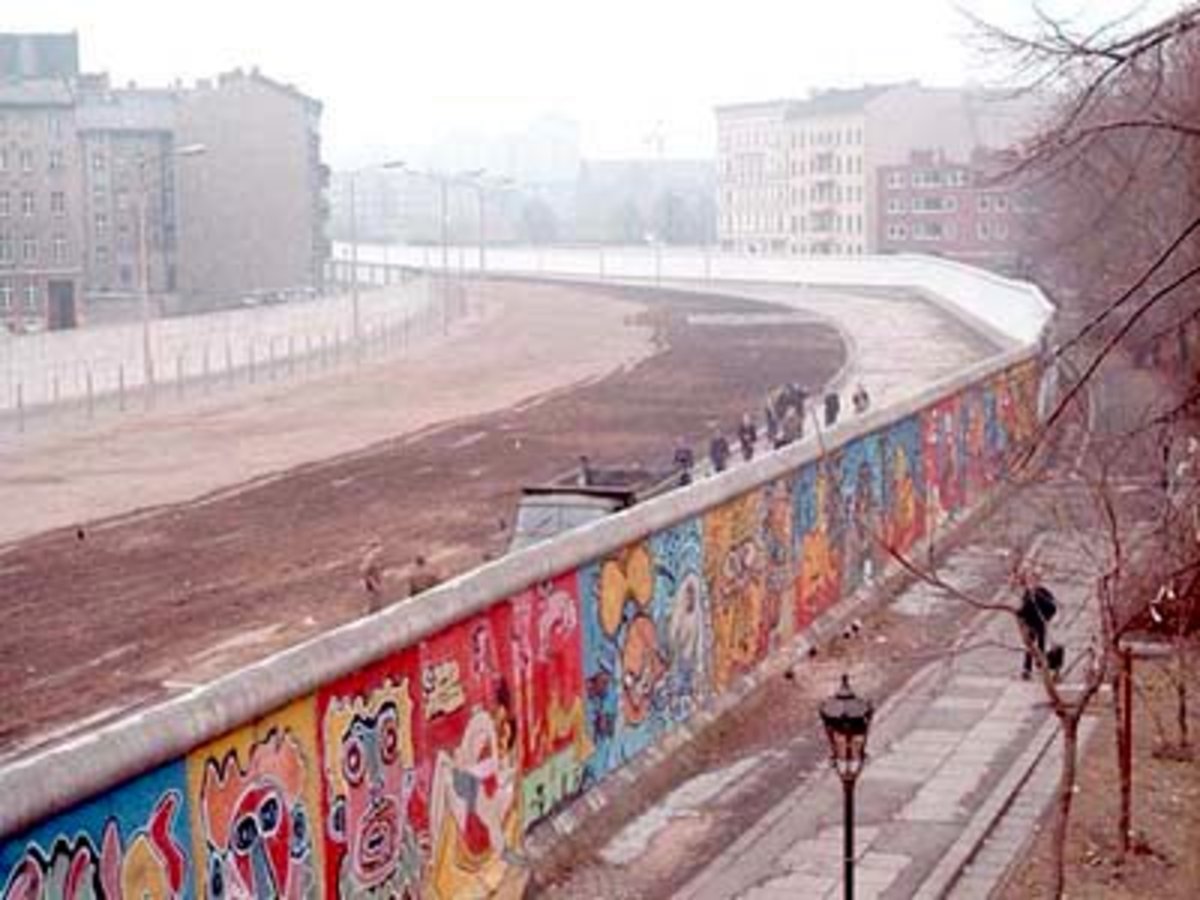
by Noir on wikimedia commons
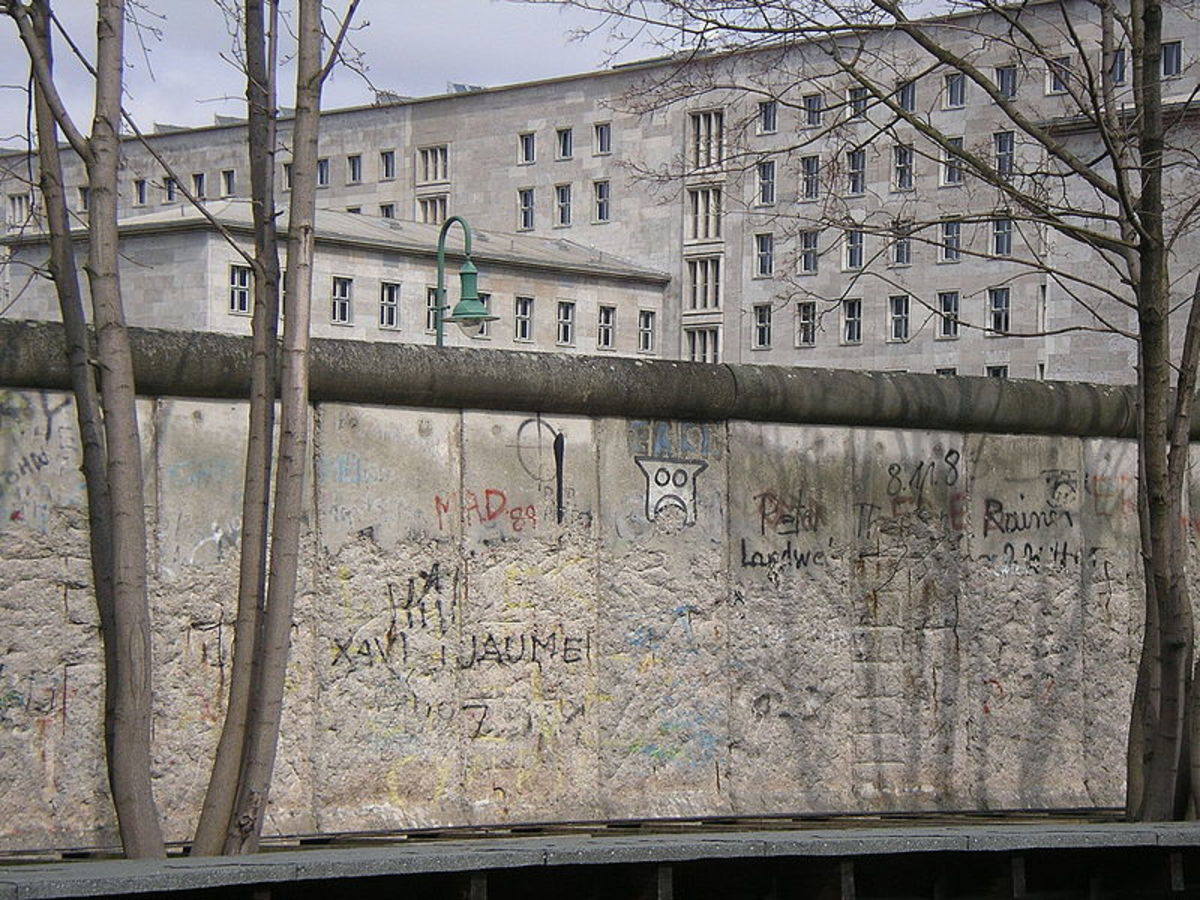
by Davax on wikimedia commons
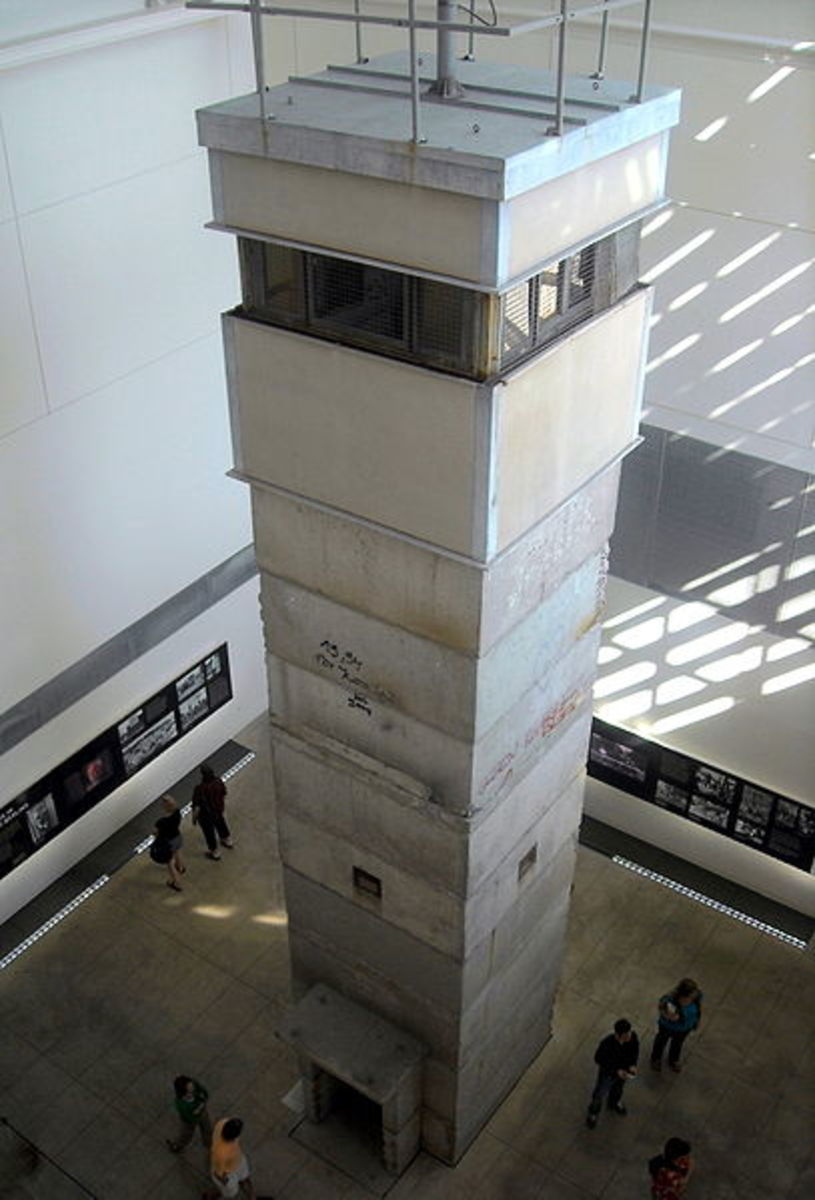
by AgnosticPreachersKid on wikimedia commons
ConversionConversion EmoticonEmoticon